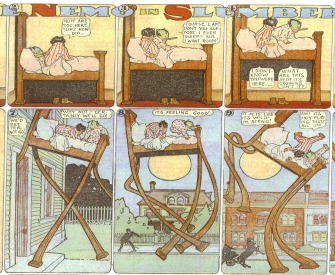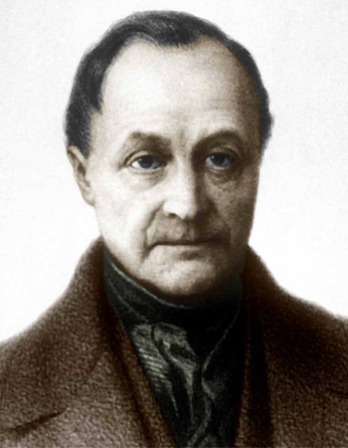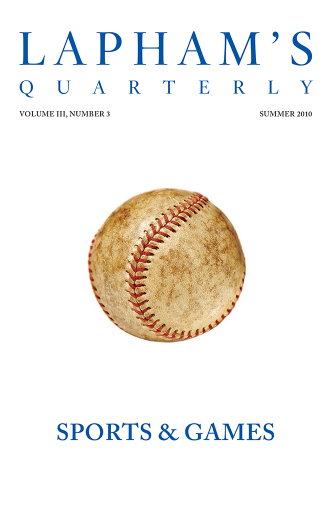Since I left you, mine eye is in my mind,
And that which governs me to go about
Doth part his function, and is partly blind,
Seems seeing, but effectually is out;
For it no form delivers to the heart
Of bird, of flow’r, or shape which it doth latch;
Of his quick objects hath the mind no part;
Nor his own vision holds what it doth catch:
For if it see the rud’st or gentlest sight,
The most sweet favor or deformèd’st creature,
The mountain, or the sea, the day, or night,
The crow, or dove, it shapes them to your feature.
Incapable of more, replete with you,
My most true mind thus maketh mine eye untrue.
Sonnet 113. One of 126 “fair youth” sonnets that a middle-aged Shakespeare addressed to a young man of aristocratic bearing, this poem first appeared in a 1609 quarto edition. “Would we necessarily know that the author of the sonnets wrote the best tragedies and comedies ever composed if we had read only the sonnets?” asked critic Harold Bloom in 2008. “Yes and no, no and yes, depending on how we read.”
Back to Issue





